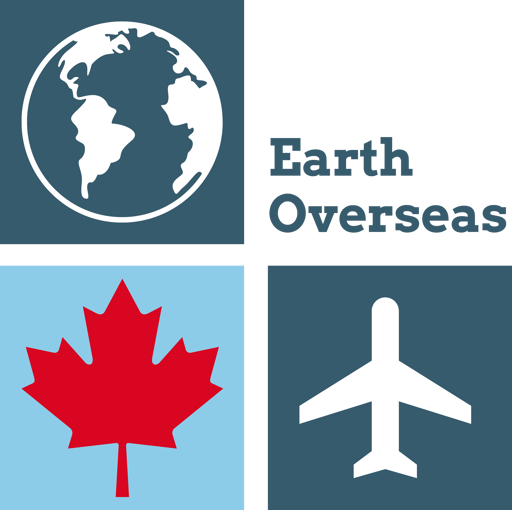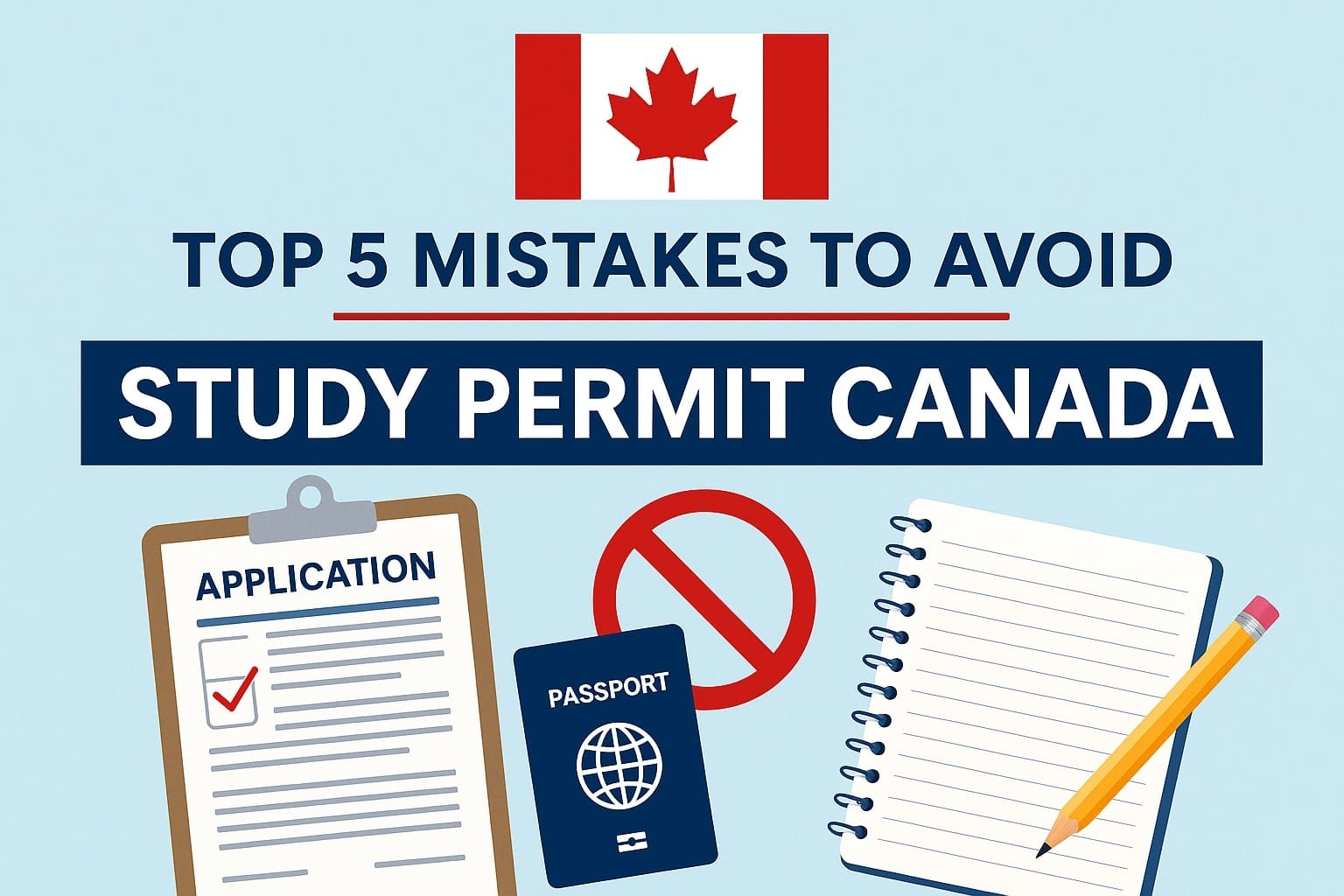Canada remains a top destination for international students, offering world-class education, cultural diversity, and pathways to future opportunities. But getting a Canadian study permit can be tricky, especially when students unknowingly make errors during the application process.
In this post, we cover the top 5 common study permit application mistakes that lead to refusals — and how you can avoid them to improve your chances of success.
Avoid Canadian study permit refusals. Learn the top 5 common mistakes applicants make and how to fix them. A 2025 guide by Earth Overseas Immigration, Brampton.
1. Incomplete or Incorrect Documentation
One of the most common reasons for a study permit refusal is missing or inaccurate documentation. If you fail to provide proof of acceptance, identity, or financial capability, your application may be rejected.
Tip: Always use the official IRCC document checklist and double-check each item for clarity and completeness.
2. Weak Proof of Financial Support
Applicants must demonstrate sufficient funds to cover tuition, living expenses, and return travel. Weak or inconsistent financial documents are a major red flag.
Tip: Submit recent and detailed bank statements, scholarship confirmation (if applicable), or notarised sponsorship letters. Showing more funds than required builds trust in your application.
3. Unclear Purpose of Study (Weak SOP)
A generic or poorly written Statement of Purpose (SOP) can make visa officers doubt your educational goals or genuine intent.
Tip: Your SOP should clearly explain:
- Why you chose the specific program
- How it connects with your background
- Your long-term career goals
Tailor it to your personal journey.
4. Failing to Show Ties to Home Country
Study permits are temporary. Officers want assurance that you’ll leave Canada after your studies. Applications without proof of home ties often face refusal.
Tip: Include documents showing property ownership, job offers, or strong family ties in your home country. These support your intent to return.
5. Delayed Application Submission
Applying too close to your program start date leaves little room for processing or corrections. This leads to rushed decisions and sometimes missed intakes.
Tip: Submit your application at least 4–6 months before your program begins to avoid delays and ensure you’re ready to travel on time.
Final Thoughts
Avoiding these common study permit mistakes can greatly increase your approval chances. Being thorough, planning early, and clearly presenting your goals will help make your Canadian dream a reality.
At Earth Overseas Immigration, we help students from Brampton and across Canada prepare strong, well-supported study permit applications.
📞 Need Help with Your Study Permit?
Contact Earth Overseas Immigration & Visa Services today:
📍 Brampton Office: +1 64750-092777
📍 India Office: +91 7830-092777
📧 Email: [email protected]
🌐 Website: www.earthoverseasimmigration.com
Follow us for updates:
Instagram | Facebook | TikTok

